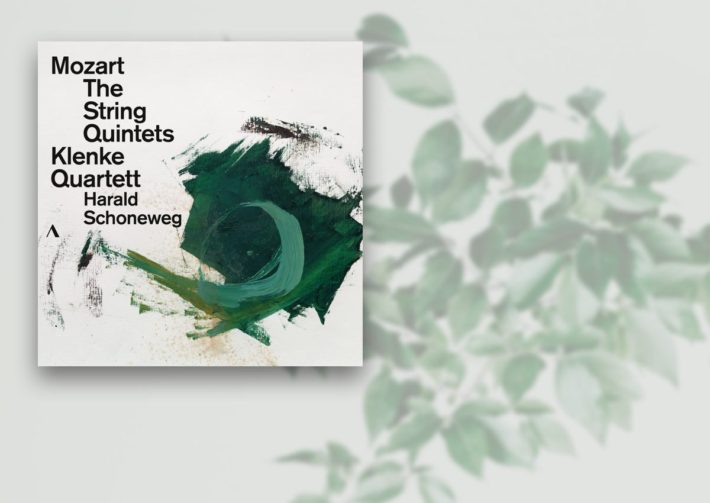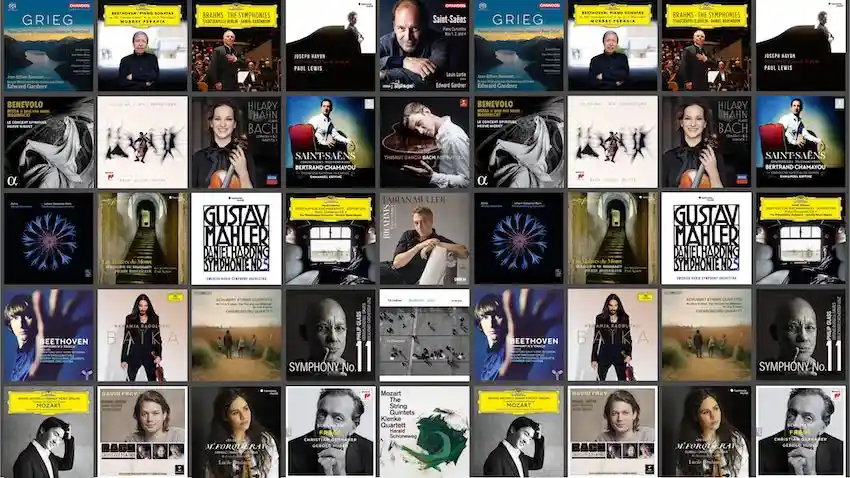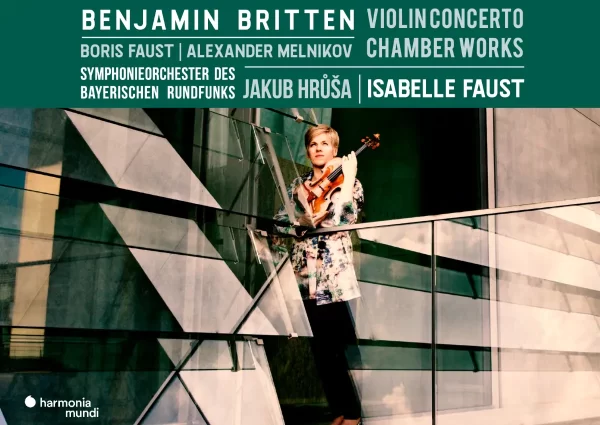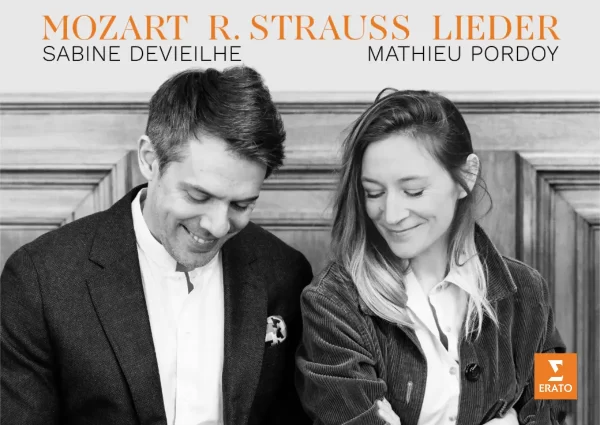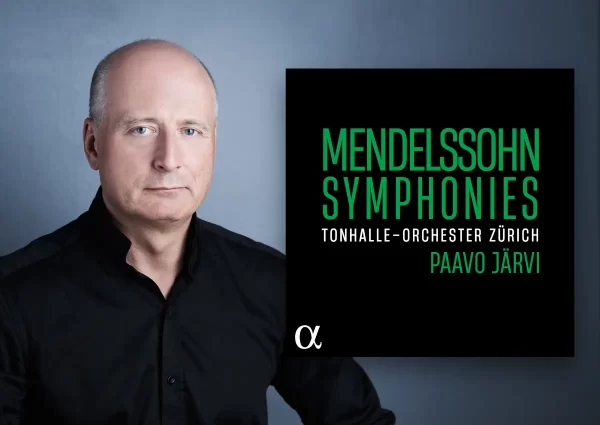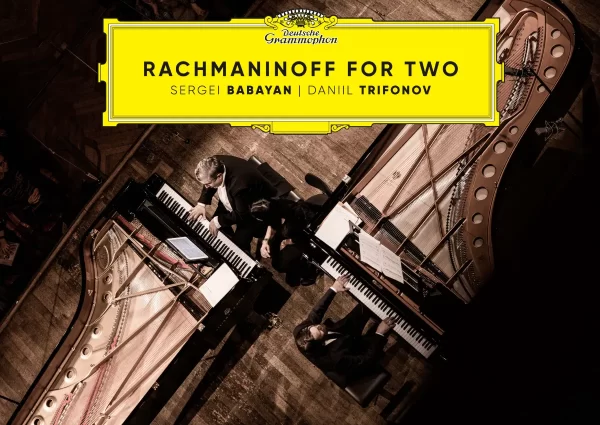It’s been a while since we had a full cycle of the Mozart String Quintets, and how pleasing it is to get it in special performances like these.
Like in their previous full Mozart String Quartet cycle a decade ago (Profil/Hänssler), the Klenke Quartett (along with Violist Harald Schoneweg) exemplify a sort of a bridge between the period and modern instruments groups. The vibrato is well considered, volume changes are noticeable but not exaggerated, and the phrasings are influenced by the sound of baroque bows and gut strings (though to my knowledge, the group uses neither in the current performance). It’s the best of both worlds in terms of interpretation and a convincing one.
Get periodic updates about new classical music albums reviews, news and guides.
We respect your privacy.
Some ensembles skip the first two quintets (K.174 & 406), the first for its seeming immatureness (written when the composer was 18), and the second because of its “unoriginality” (the piece was initially written as Serenade for a wind octet). But the Klenke gives a good case for both; The first sounds positively delightful, making other famous ensembles sound old-fashioned in comparison (the renowned Grumiaux is a good example, listening to the sluggish Menuetto so nicely done in this new version). The final Allegro keeps the virtuosity while remaining classically graceful, so missing from the overly dramatic Amadeus Quartet’s version.
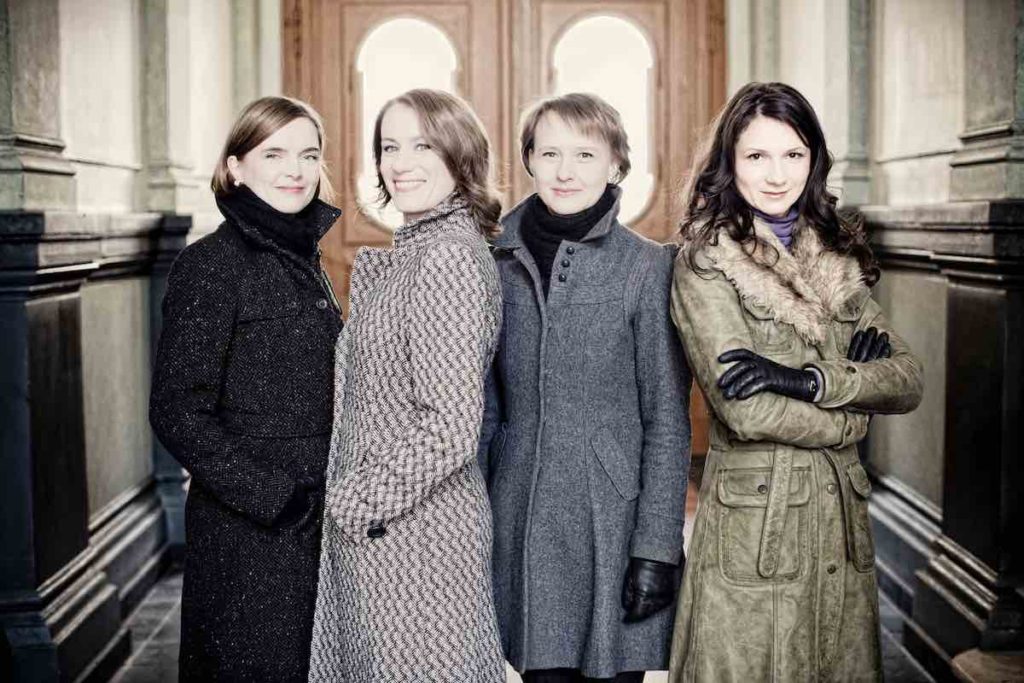
The lack of vibrato and bow technique of all participants make the opening of the second, C Minor Quintet sound chilling, but again, never overdone. It’s also remarkable how the almost bare slow movement sounds similar to the period sound of, say, the Chiaroscuro Quartet who’s Schubert album we covered this year. And how lovely are the closing of the musical phrasing and the transitions to the minor episode in this movement, at 1:20 onward – foreseeing darker pieces such as the String Quartet in D minor K.421, years ahead.
Mysterious Legato
The group chooses a lively tempo for the opening of the C Major Quintet, K.515, but it doesn’t feel pressed and makes the appearance of the second theme feels effectively contrasted. And hear (from 0:55) how mysterious the legato sounds when first appearing, as if from nowhere. It’s clear the group knows the piece and its sonata-form inventiveness from within, communicating it clearly and directly.
Some will have an issue with this directness. It’s not always “beautified” Mozart, such as in the case of the Menuetto of K.515, and the Klenke will usually opt for the clear-headed approach than the outward emotional charge. That does not mean that they lack the ability to dramatize when needed, such as in the first movement of the G minor K.516. Here they take broader tempo than some, a right call giving the interpretation (listen to the almost frightening dialogue between violin and cello at 1:25). The Menuetto is nothing but haunting in the Forte chords (Grumiaux is also at his most chilling here), and the tempo for “Adagio Ma non troppo” in the third movement sounds just right, with hints of sunshine and mesmerizing pauses. Cool yet almost hypnotizing slow Adagio starts the final movement (lead violinist Annegret Klenke is at her absolute best here and in the rest of this brilliant movement). This music, to me, looks ahead to Schubert chamber works and its difficulty is in the transition between the Adagio and the triumphant Allegro. The Lindsays’ excellent version makes this essentially two-part movement, like many other ensembles. Here there is a better sense of a single journey.
Sensitivity and a Smile
These remarkable transitions mark the opening of the Fifth Quintet (K.593), superbly done as well. In this movement’s allegro section, you can detect some nice contrapuntal sensitivity so missing from other fine accounts (some already mentioned). In this Adagio, the group is more inclined to some sentimentality, which shows that they are not set on a specific tone, but on their own approach for each movement. The finale, perhaps the most Haydn-influenced movement from all the Quintets, is sure to bring a smile to your face, much like the best of the old master’s quartets.
The Sixth, perhaps the quintet that gives the most material to all of the five participants in equal measure, is nicely done, though here in the first movement, the execution is more fragile in terms of tone coloring as well as recording. This is especially evident in the segments where the low instruments (violas and cello) interchange musical phrases, which seems a bit detached from the brilliance of the violins (the Lindsays’ alternative is preferable here). That being said, things get back on track for the lovely Andante, and the Menuetto once again is graciously served, sensitive to the harmonic tension built around the long notes and small dissonance cadences. The trio is played rather like an English folk song, a practice exemplified in the Doric Quartet’s ongoing, fascinating Haydn String Quartet cycle. Here I wasn’t entirely convinced, but it will amuse an unexacting listener. Nothing wrong with the final Allegro, though, happily rounding up the cycle.
The recording is nice and clear, with decent space and a bit of an over-emphasis to the first violin (but so are most of the quintets). You may want to add some bass to your stereo system to have a better balance with the low instruments.
Overall, an excellent achievement, coherently and masterfully played by an assured and energetic ensemble, to supplement long admired cycles by Grumiaux, the Amadeus Quartet and mostly the Lindsays, who recorded only the last four quintets.

Mozart – Strings Quintets (Complete)
Klenke Quartet
Harald Schonweg – Viola
Accentus Music, CD ACC80467
Follow Us and Comment:
Get our periodic classical music newsletter with our recent reviews, news and beginners guides.
We respect your privacy.

